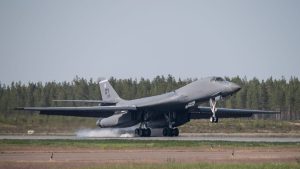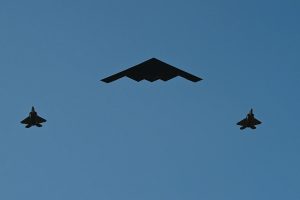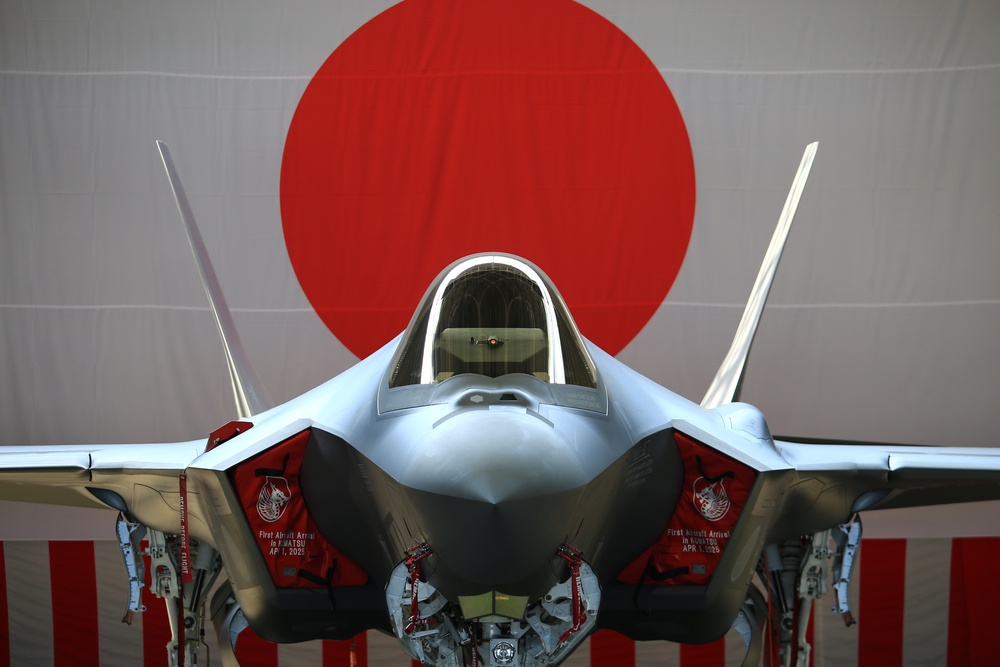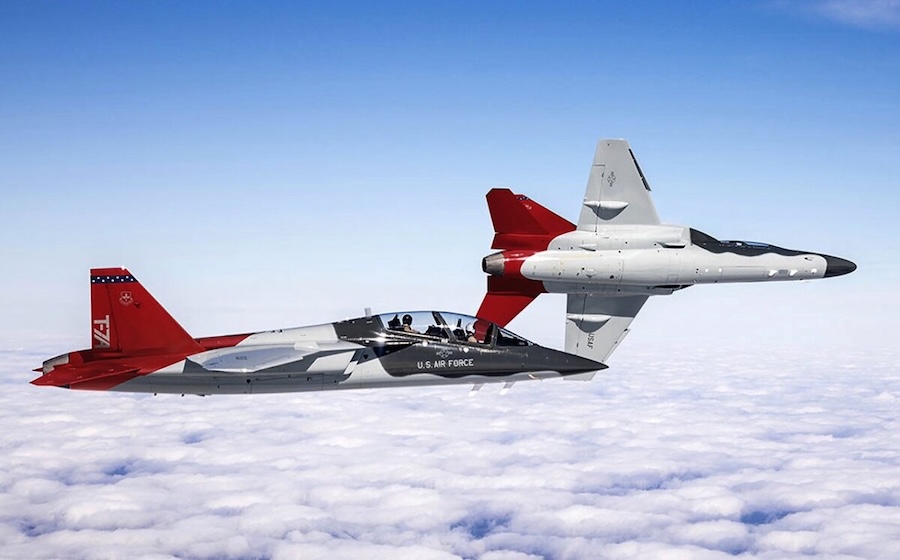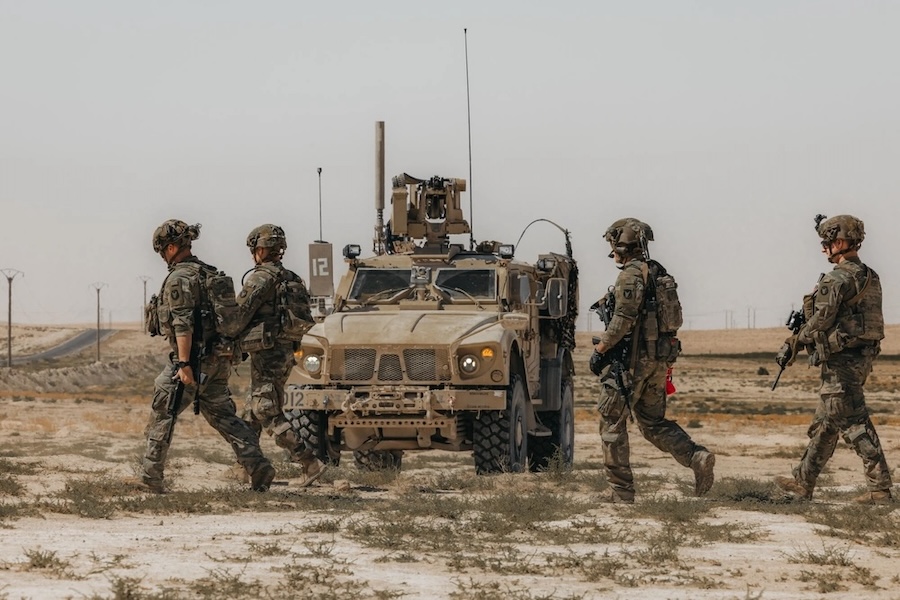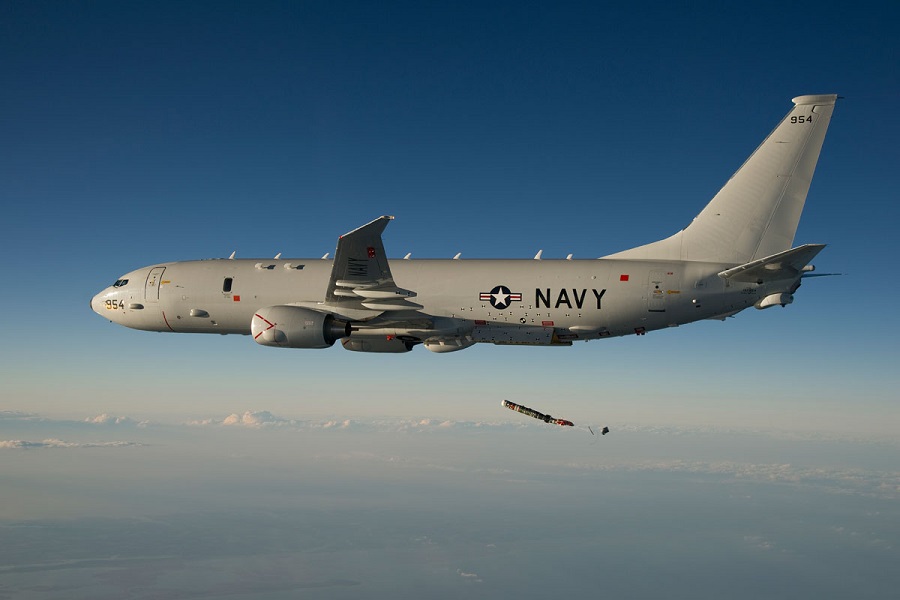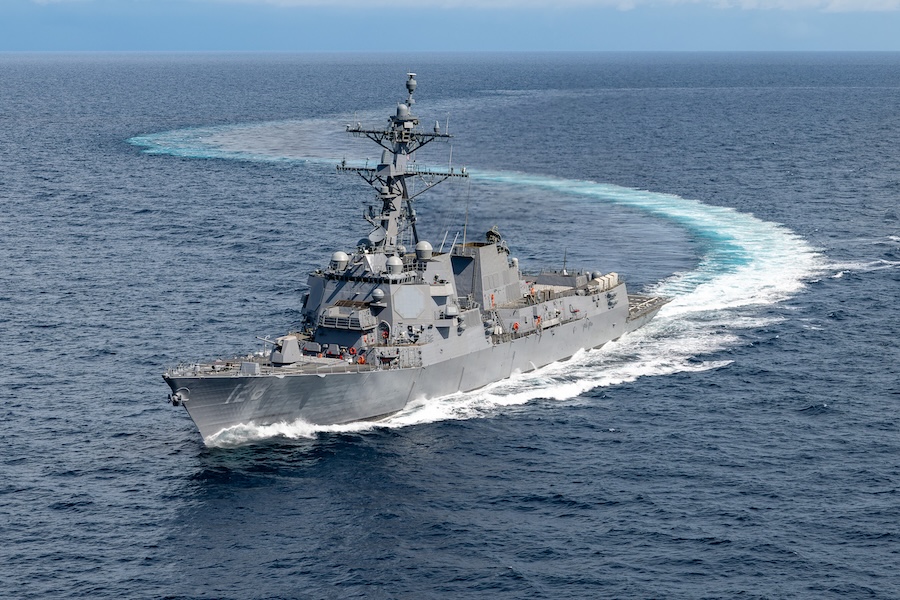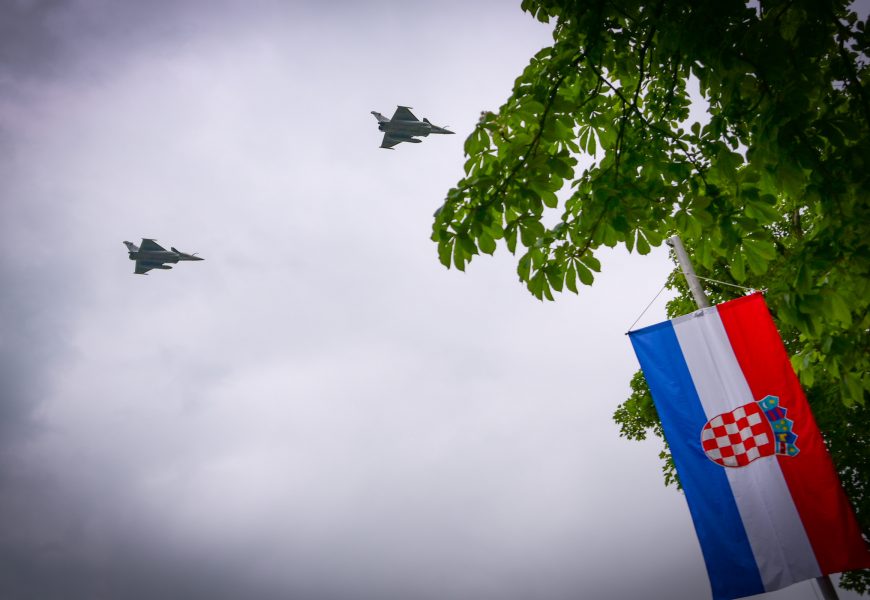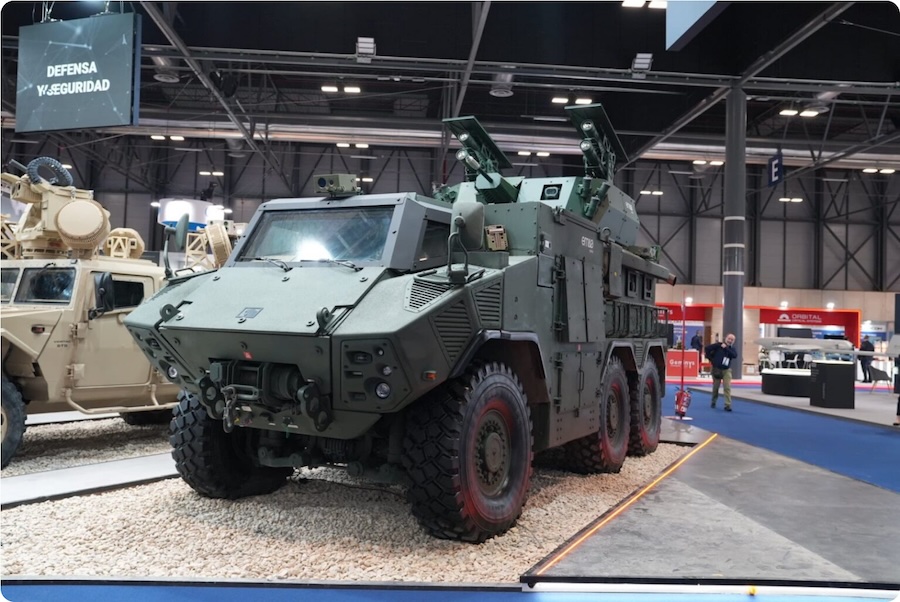The B-21 Raider, designed as a next-generation long-range stealth bomber for the U.S. Air Force, received an additional $4.5 billion under the Reconciliation bill to increase production capacity. This funding supplements earlier efforts by Northrop Grumman and the Air Force to prepare for a ramp-up in manufacturing.
Chief Executive Officer Kathy Warden stated that the Air Force remains committed to the fielding of the B-21, emphasizing the aircraft’s strategic relevance, recently underscored by its role in Operation Midnight Hammer. Warden confirmed that discussions are underway with the Air Force regarding a potential acceleration of the production ramp.
Any agreement to expand production is expected to require further investment by Northrop Grumman to expand capacity. However, the company is seeking terms that would allow improved returns on both Low-Rate Initial Production (LRIP) and Not-to-Exceed (NTE) production lots.
“We are looking to get a fair and equitable business arrangement, where we would be incentivized to invest in that production capacity,” Warden said, adding that such an arrangement would include mechanisms to adjust for inflation and other pricing factors. No final agreement has yet been reached.
Aeronautics Systems, the business segment responsible for the B-21, reported year-over-year revenue growth in part due to increased B-21 volume. The company expects further sales growth in the second half of 2025, including revenue tied to LRIP Lot 3 and advanced procurement for Lot 5, both scheduled for award in the fourth quarter.
Northrop Grumman executives noted that the B-21 program could eventually exceed 10% of company revenues, depending on the final terms of the accelerated production arrangement. Currently, it remains a high single-digit contributor.
Warden reiterated that any investment in increased capacity is aimed at delivering capability at greater speed, aligned with the U.S. government’s focus on rapid modernization of defence infrastructure.
The B-21 Raider is one of three major nuclear triad programs being managed by Northrop Grumman, alongside the Sentinel intercontinental ballistic missile system and the Columbia-class submarine. Collectively, these programs are expected to deliver significant revenue growth for the company in the second half of the year and beyond.
While Northrop Grumman has not provided a revised long-term forecast, the company indicated that its investment strategy and ongoing government funding create a favorable environment for sustained growth of the B-21 and related defence programs.








